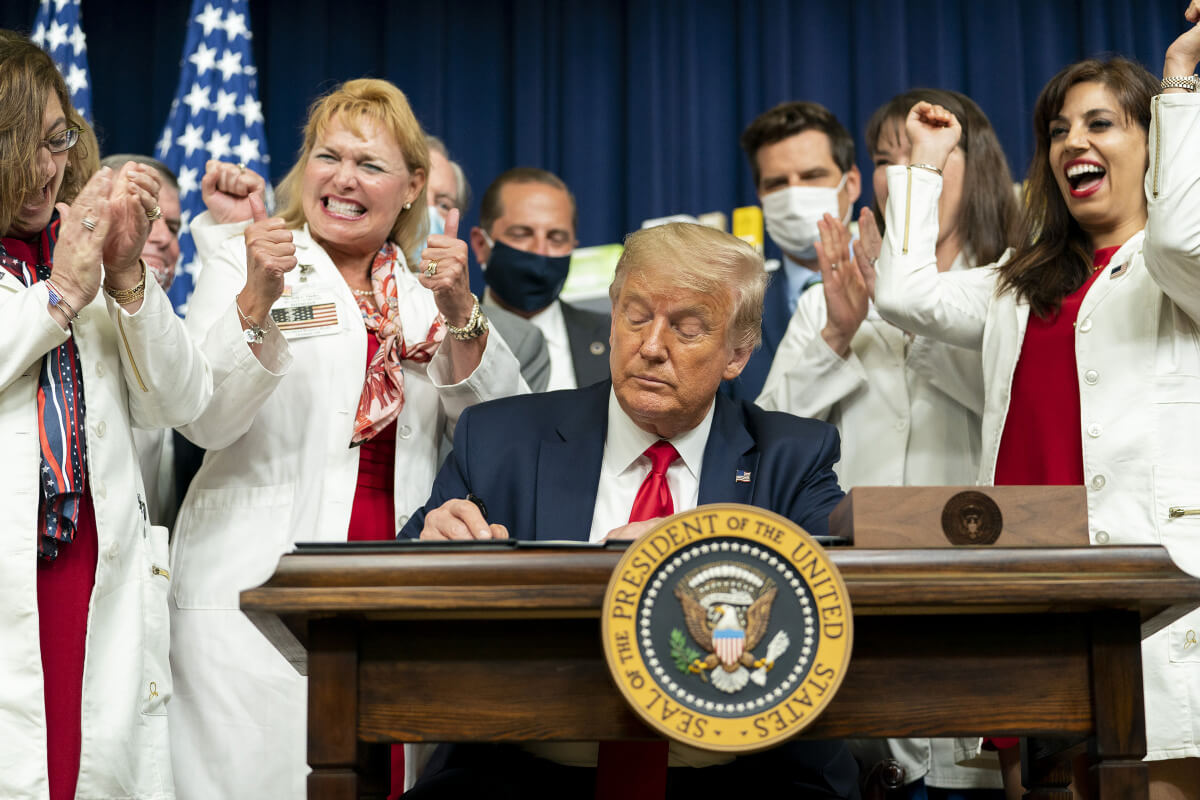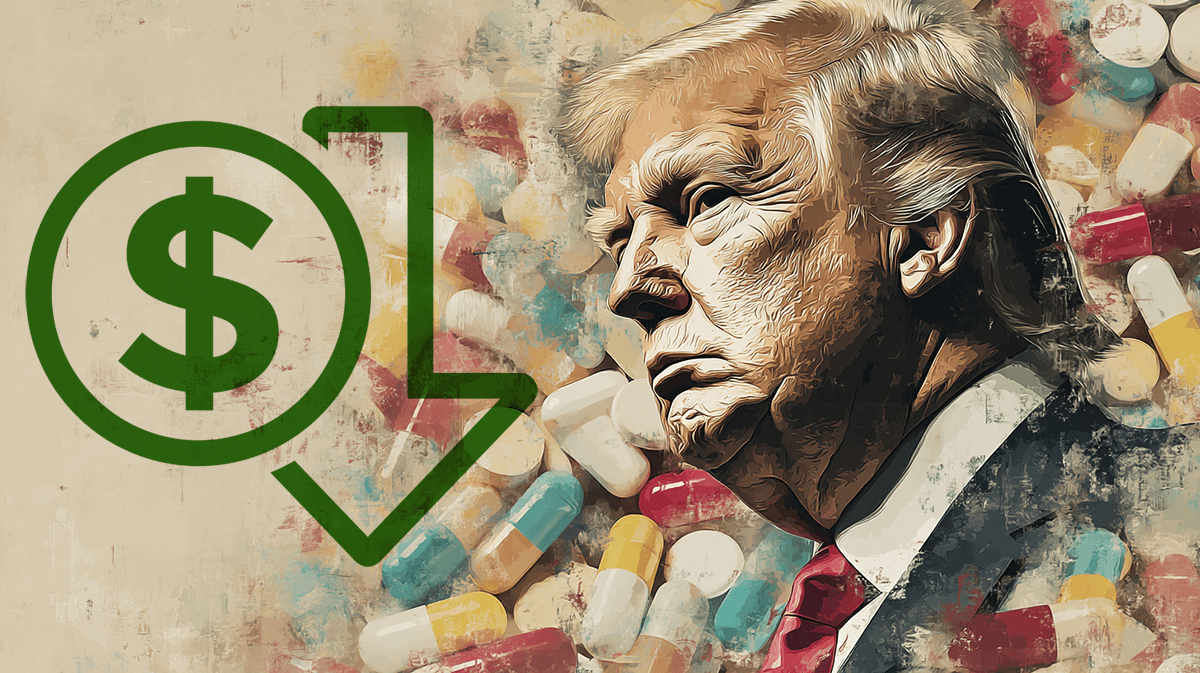
In an unprecedented move, President Donald Trump has declared his intention to sign what he describes as “one of the most consequential executive orders in our country’s history,” aimed at significantly reducing prescription drug prices in the United States. The announcement, made via social media and scheduled for 9:00 A.M. at the White House, suggests a sweeping change in how Americans will pay for their medications, with reductions of up to 80% on the horizon.
The executive order will establish a "Most Favored Nation's Policy," which aligns U.S. drug prices with those of the lowest-paying nation, potentially saving the country trillions of dollars in healthcare costs over time. Trump's initiative comes as a response to a long-standing disparity where Americans frequently pay several times more for the same medications than buyers in other countries, despite the drugs often being produced by the same company in the same facilities.
In a detailed social media announcement, Trump called attention to the issue, expressing his dissatisfaction with the justifications provided by pharmaceutical companies for the price discrepancies. He lambasted the current system where research and development costs are disproportionately shouldered by American consumers, whom he referred to as "suckers."
“I will be instituting a MOST FAVORED NATION’S POLICY whereby the United States will pay the same price as the Nation that pays the lowest price anywhere in the World.” — Donald Trump, via Truth Social, May 11, 2025
Moreover, Trump accused Democrats of complicity with pharmaceutical giants, suggesting that their campaign contributions are a form of quid pro quo, an allegation he insists does not apply to himself or the Republican party. The president anticipates that the policy will not only lower drug prices domestically but also prompt a global adjustment, leading to a more balanced distribution of pharmaceutical costs.
The timing of this executive action is critical, as healthcare affordability remains a pressing issue in the United States. A recent West Health-Gallup Healthcare Affordability Index indicates that over a third of U.S. adults face barriers to accessing quality healthcare due to costs. Despite widespread health insurance coverage, millions of Americans still struggle with unpaid medical and dental bills, leading to substantial debt and, in some cases, avoidance of necessary healthcare services.
This announcement follows reports from January 2024 of significant price hikes by drug manufacturers on over 770 medications. Notable examples include Novo Nordisk's Ozempic and Eli Lilly's Mounjaro, diabetes drugs also used for weight loss, which saw price increases that placed them beyond the reach of many patients.
The executive order has the potential to alleviate the financial burden on patients, especially those requiring treatments for serious conditions such as blood cancer and asthma, which have also been subject to recent price increases. The move is seen as a direct challenge to the pharmaceutical industry's pricing strategies and a significant step towards Trump's promise to bring fairness back to American healthcare.

